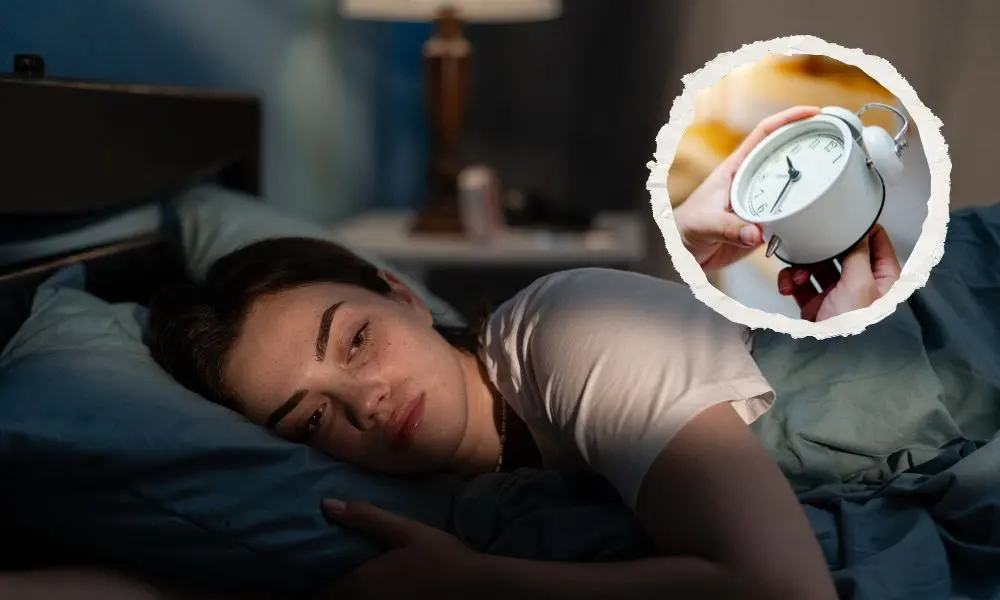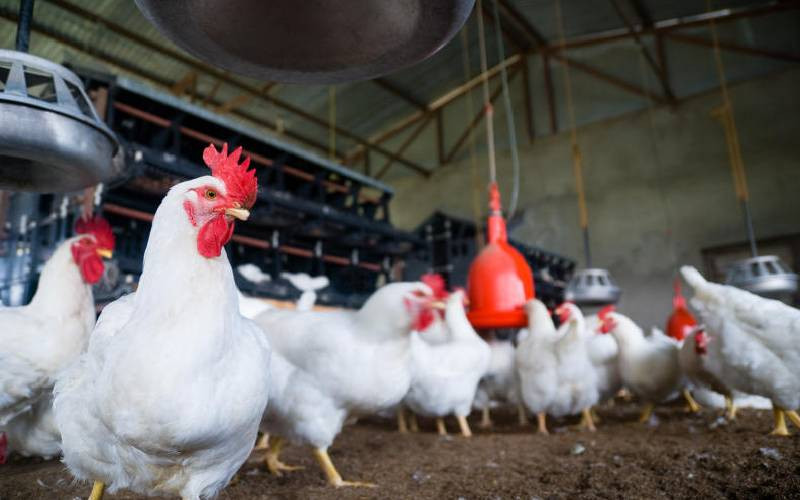Copyright scotsman

Daylight saving time comes to an end this weekendExperts say that the clocks changing can interfere with our circadian rhythms - and our sleepGenerally, the clocks going forward has more ties with health issues and accidentsBut it can still be disruptive, including to groups like secondary school students The clocks will fall back by an hour this weekend, signalling the end of British Summer Time and a return to Greenwich Mean Time. The change will take place while most of us are sleeping, early on Sunday morning (October 26). We’re on the easy end of it at the moment, and people should wake up feeling a little more rested with an extra hour of sleep under their belts - even though it signifies much darker evenings from here on out. But every year, the case is made for doing away with daylight saving time altogether, with many arguing that the two big upheavals to our sleep cycles aren’t especially good for us. To get to the bottom of it, we’ve taken a look at what experts at two world-leading health research institutes - Harvard Medical School and the Johns Hopkins University’s Bloomberg School of Public Health - have to say on the matter. Here are three of the most concerning impacts that the clocks springing forward or falling back can have on you: 1. Your sleep rhythm could get disrupted - causing a ripple effect on your health Dr Charles Czeisler, a sleep medicine professor at Harvard Medical School, says that although a one-hour change may not seem like much, “it can wreak havoc on people's mental and physical well-being in the short term”. Generally, the beginning of daylight saving time - in late march in the UK - is the more disruptive of the two annual changes, although they can both have an impact on our circadian rhythm. Our circadian rhythms are tied to daylight, which triggers different hormones to be produced at different times of day. These help to regulate things like appetite, mood, and sleep, which is why interfering with it generally isn’t a good idea. Adam Spira, a mental health professor at John Hopkins, said that we function best “when our sleep-wake cycle follows the sun”. Unfortunately, the clock changing can be linked with not getting enough sleep, and another former John Hopkins expert says the end of daylight savings can end up having the same impact as the start. The consequences of this can include poorer mental health, including worsening mood disorders, depression, and anxiety. Unfortunately, there are also some serious physical risks .“The scientific evidence points to acute increases in adverse health consequences from changing the clocks, including in heart attack and stroke,” Dr Spira continued. 2. Children could find it harder to focus at school When it comes to disrupted sleep and the potentially disastrous effects it can have on your health, some groups are at more risk of falling out of sync than others, according to John Hopkins University. These include shift workers, and teenagers. Adolescents who get less or disrupted sleep can suffer from behavioural, learning, and attention issues, its experts said. A 2015 study in the Journal of Clinical Sleep Medicine found that after a time change - particularly at the beginning of daylight savings time - secondary school-aged pupils ended up losing more than two hours of sleep. In the following school days, they felt sleepier, had slower reaction times, and were less attentive. Schoolchildren across much of England are lucky in this regard - with the coming week being the October half-term break. But for their peers in many parts of Scotland and Northern Ireland, classes will run as usual next week. 3. You could be more likely to get into a car accident The clocks changing also appears to be linked to more injuries and accidents, studies suggest. One 2020 study published in Current Biology found that after the clocks go forward in the US, the risk of fatal traffic accidents rises by about 6% - particularly during the mornings. Again, this is likely linked to sleep changes. “Disrupted sleep can cause people to feel fatigued, groggy, and less focused,” Harvard’s Dr Czeisler added. Keen to learn more about why and what else will change when the clocks ‘fall back’ this weekend? Here’s what you need to know about updating the time on your phone - and here’s a little more about Daylight Saving Time’s wartime origins.



